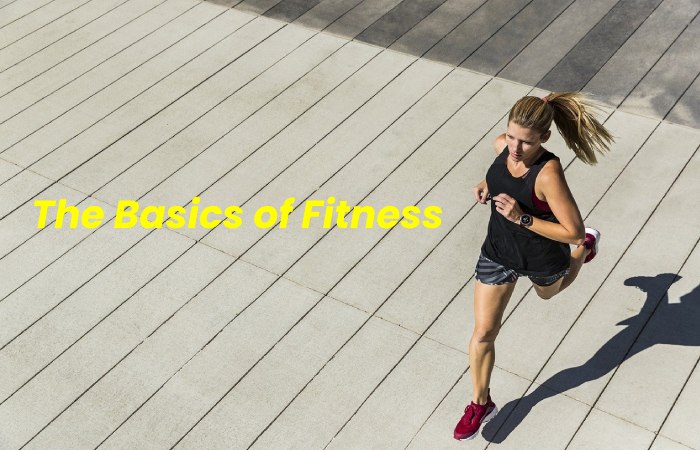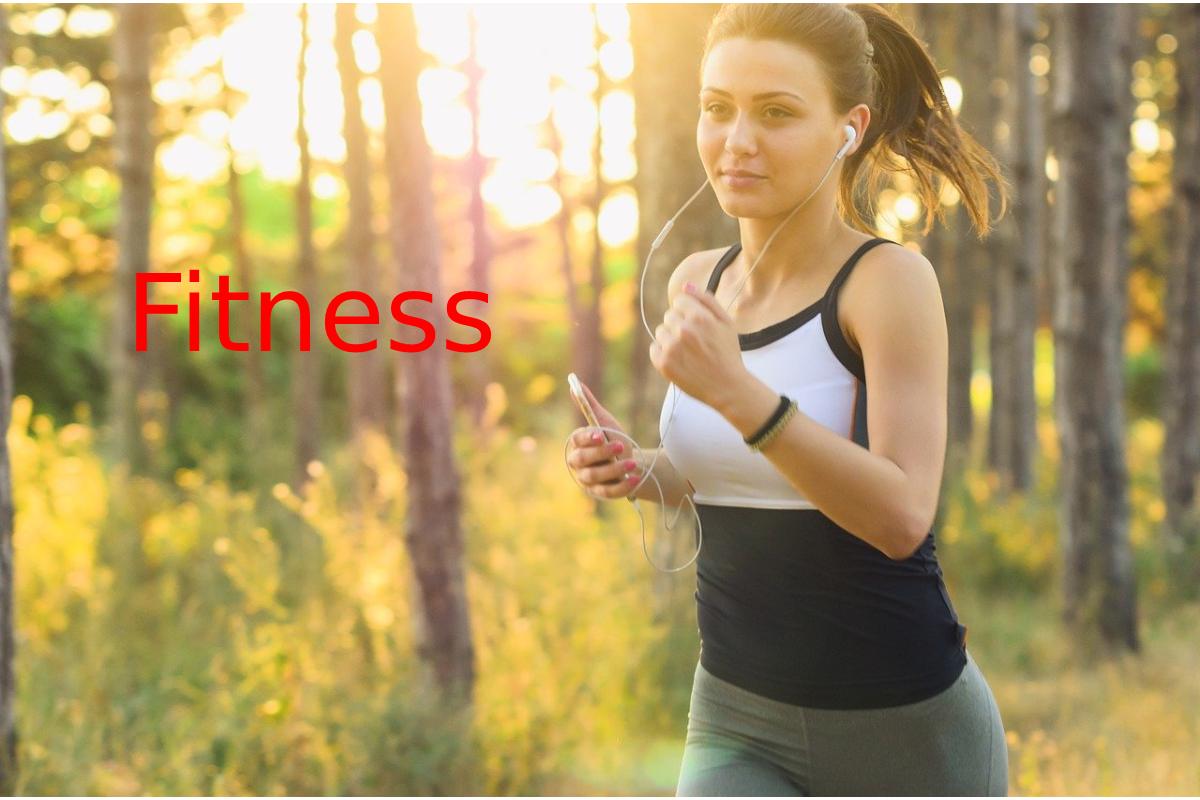Table of Contents
What Is Fitness?
Fitness is a broad term that means roughly different to each person but relates to your optimal health and overall well-being. Being fit means not only physical health but also emotional and mental health. It defines all aspects of your health. Eating smart and living an active life is key to staying fit.
- Fitness is to the human body what tune-up is to the engine. Allow us
- to use our full potential. Fitness can be described as a state that helps us
- feel and do our best.
- Physical fitness includes the performance of the heart, lungs and muscles
- And because what we do with our body affects what we can do with ours
- Mind aptitude, to some extent, affects qualities such as mental agility and
- emotional stability.
Benefits Of Exercise
What’s in it for you?
Most people can name some or all of the benefits of existence physically
fit in. Some of them are said to prevent disease and injury, look better and have more energy;
There are also unexpected additional benefits!
Exercise Can Help Control Stress:
- chemicals called neurotransmitters produced in the body
- , the brain is stimulate during exercise. There are neurotransmitters to think about
- They convey our moods and emotions and help us feel better and less stressed. (INSERT INTO
- FACTS, American Council on Exercise – 2006)
Exercise Can Keep Your Immune System STRONG:
- Research has shown that during
- moderate exercise, several constructive changes in the immune system occur. Different
- Immune cells circulate faster in the body and are better able to kill bacteria
- and viruses (Exercise Immunology, Current Sports Medicine Reports – 2003)
Exercise Can Improve Your SEX Life
- Men who exercised intensely for 20-30 minutes were half as likely
- erection problems than inactive men. (Harvard School of Public Health, 2003)
- Women’s sex lives can also benefit. In a recent study of women’s vaginas
- Responses (blood flow to genital tissue) were 169% higher afterwards
- Train (the University of Texas at Austin)
- Doctors believe that exercise increases sexual potency
- because it strengthens the cardiovascular system and improves blood circulation.
- Good blood circulation is vital for sexual function.
The Basics of Fitness

Physical form is most easily understood by looking at its components, or “parts”.
Aerobic capacity or cardiorespiratory endurance: the ability to deliver oxygen and oxygen
deliver nutrients to tissues and eliminate waste for long periods. Guidelines:
20-30 minutes of exercise to get your heart rate up most days.
Muscular fitness: Muscular fitness refers to the strength and endurance of
muscles. Strength training can help you recover your muscular condition. also allowed
Increase muscle mass in your body, which will help you lose weight.
Guidelines: Two or three 30-minute sessions per week to challenge the major
Fatigued muscle groups (may use gymnastics and strength training).
Flexibility: the ability to move the joints and make full use of the muscles
Move. Flexibility can help you perform daily tasks, improve circulation and posture,
Helps reduce stress and improve coordination. Many Experts Believe Stretching Can Do This
help reduce the risk of injury-related to physical activity. Rules: Stretch when
Exercise or exercise at least three times a week to maintain flexibility.
Stability and Balance: Stability and also, balance are associated with the body’s core.
Muscular strength: the lower back, pelvis, hips, and abdomen muscles.
Strengthening these muscles can help with poor posture and back pain. This
It also helps prevent falls, especially in older people.
A Question Of Fitness Principles
The keys to choosing the suitable types of exercises to develop and maintain each of the exercises
The building blocks of physical fitness are found in these principles:
SPECIFICITY: Choose the correct type of activities to affect each component. violence
Training leads to specific changes in strength. Also, train in the particular exercise you are
Interested. For example, optimal swimming performance is best achieve when the
The muscles involved in swimming are trained for the actions required. It is not like that
It inevitably follows that a good runner is a good swimmer.
OVERLOAD: Work hard enough, at a vigorous level and long enough to
Overload your body beyond its resting level to see improvement.

